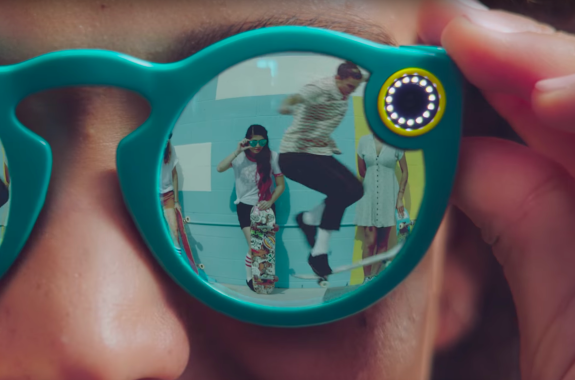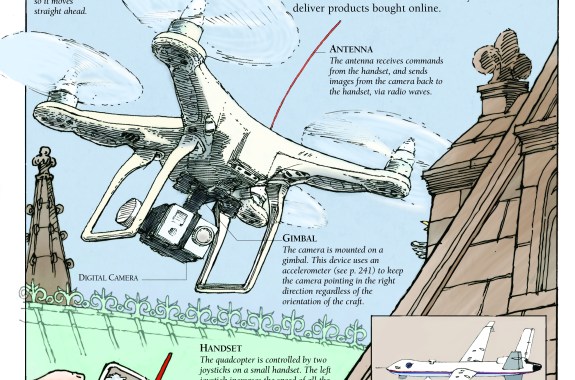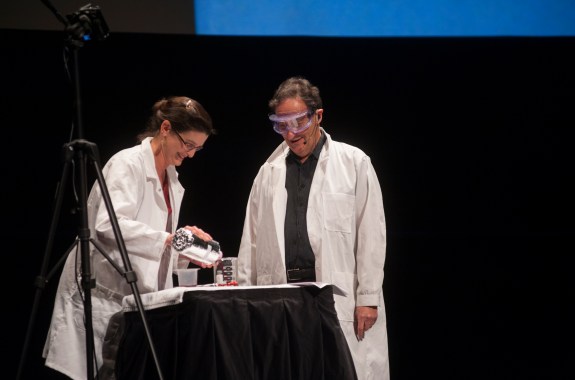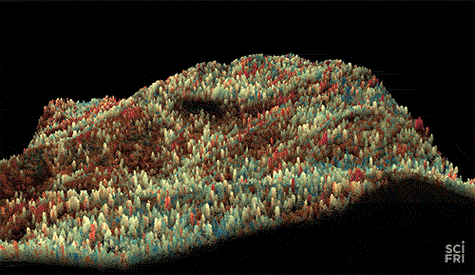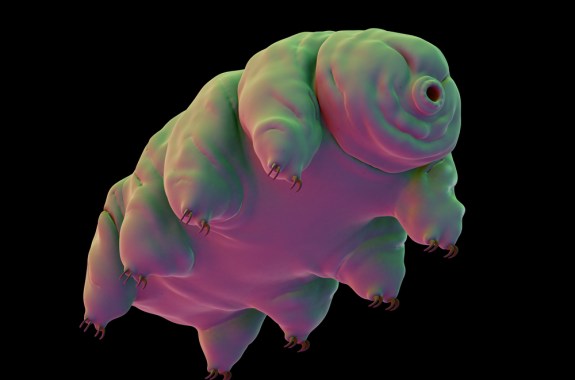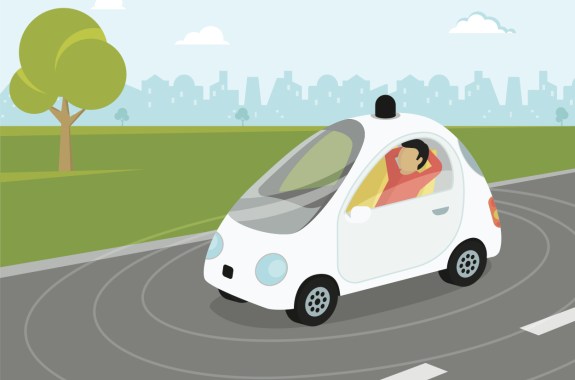Hr2: Oysters and Oceans, Trees and Drought, Tardigrades
Oyster farmers have been hit hard by acidifying seas. Can they adapt? And how curiosity about tardigrades in the 1970s led to a major breakthrough in medical science.
Hr1: News Roundup, Snap Spectacles, Connected Cars, Way Things Work
Connected cars tap into vehicle sensors to read road signs, determine traffic patterns, and find open parking spaces. Plus, artist David Macaulay on the art of explaining science in pictures.
8:00
UN Space Mission, Redefining ‘Healthy,’ and a Wayward Manatee
The United Nations will launch a space mission carrying payloads from countries that don’t have their own space programs.
4:23
Will New Electronic Glasses Change the View of Snapchat?
The social media company rebranded itself as Snap, Inc., and has unveiled sunglasses fitted with two cameras for recording 10-second moments.
16:45
A New Primer on the Way Things Work
Artist David Macaulay on the art of explaining science in pictures.
12:28
For Oysters, Challenges and Hope in the Changing Ocean
Oyster farmers have been hit hard by acidifying seas. Can they adapt?
17:43
California Trees Battle Beetle Assault Amid Drought
Dry conditions lead trees to release pheromones that attract bark beetles, exacerbating an epidemic of dying forests in the state of California.
17:38
Achieving Suspended Animation, With Help From the Water Bear
How one researcher’s curiosity about tardigrades in the 1970s led to a major breakthrough in medical science.
17:37
Imagining the ‘Connected’ Car of the Future
“Connected” cars tap into the vehicles’ sensors to read road signs, determine traffic patterns, and find open parking spaces.
Hr2: Fog and Redwoods, Amphibian vs Fungus, AI
As artificial intelligence advances, it could transform our world. How do we ensure it does so in the best possible way? Plus, what the fight of one frog against the deadly chytrid fungus could mean for the survival of imperiled amphibians around the globe.
